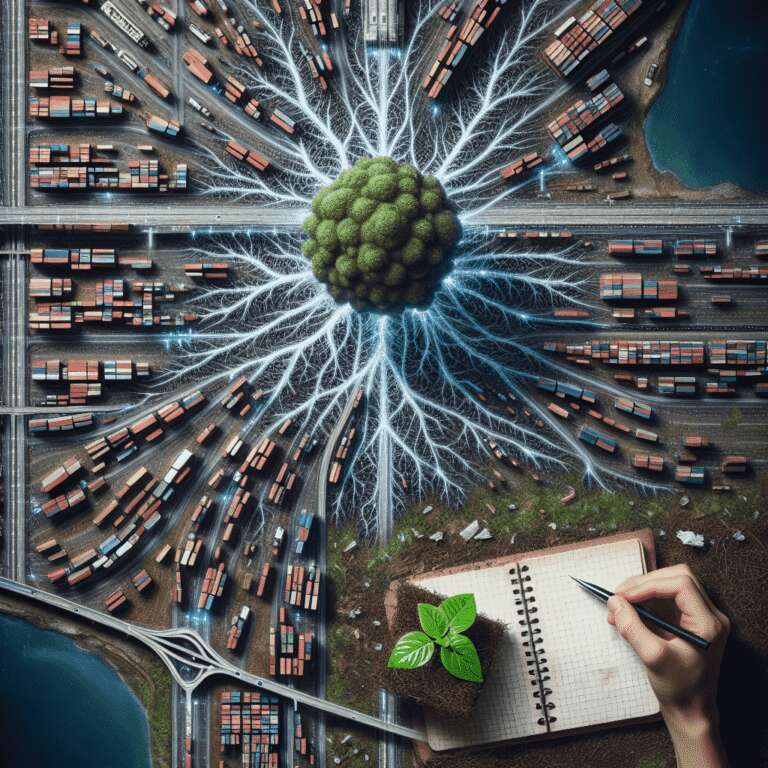Supply chain management is experiencing a sweeping transformation in 2025, driven by rapid digitalization, sustainability mandates, and intelligent technologies including large language models (LLMs). Logistics operations are shifting from linear, reactive models toward adaptive, predictive ecosystems that emphasize operational efficiency and resilience. Four key trends are spearheading this evolution: electrification of logistics fleets for sustainability, widespread adoption of Artificial Intelligence and robotic automation in warehouses, acceleration of new product introduction cycles, and increased customization with localized inventories and micro-fulfillment centers.
The rise of next-generation technology solutions is further reshaping the supply chain landscape. Internet of Things (IoT) integration enables real-time tracking of assets and environmental conditions, facilitating better risk management and end-to-end visibility, particularly in sensitive sectors such as pharmaceuticals and electronics. End-to-end digitization through cloud-based platforms unifies procurement, logistics, manufacturing, and customer service, enabling faster data-driven decision making and cross-functional alignment. Enhanced risk management employs Artificial Intelligence-powered scenario planning tools to proactively address disruptions such as supplier failures or climate events. Meanwhile, digital twins and predictive analytics provide unprecedented operational clarity, allowing companies to simulate, forecast, and stress-test supply chain processes.
Large language models are introducing new layers of intelligence and automation in supply chain ecosystems. They are being used for predictive logistics by analyzing vast datasets, identifying possible disruptions, and recommending rerouting before human intervention. In global trade, LLMs simplify documentation and compliance through auto-generation of import/export paperwork and translations, accelerating processes and minimizing errors. LLM-powered virtual assistants are transforming customer communication, providing real-time updates and multilingual support to resolve queries efficiently. The industry is also adopting circular supply chain models for sustainability, emphasizing reuse and recycling, while cloud-native platforms foster real-time collaboration among globally dispersed teams. Leaders embracing these innovations are positioning their organizations for greater resilience, agility, and competitiveness in an era defined by intelligent automation and responsible growth.

